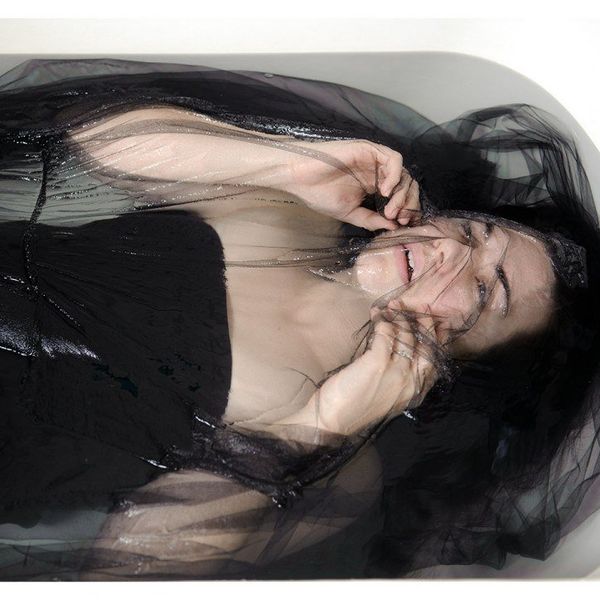Recently, I shared with everyone in an article my struggle with depression and anxiety. After being asked by a number of people what my coping mechanisms are, I deemed it necessary to share my relief tactics with others who may also want to know.
For those of you who battle depression or anxiety, or both...you understand how incapacitating it can be. When you battle depression, everyday feels like a cloudy day. Then when you add anxiety to the equation, those cloudy days turn into thunderstorms.
While I have kept my depression at bay, getting to this point of consistently good days has been rocky. Of course, even with therapy and mental health exercises, anxiety still inhibits my day-to-day life. Luckily, I have found a great therapist and learning how to live with my anxiety is becoming more achievable.
When I started therapy last summer and recognized what I was battling, I decided not to go on medicine. I didn't even ask about medication because I was afraid of it...and although I struggled without it...I have found some coping mechanisms that have allowed me to live without medication.
1. Finding a hobby
What brought me down in the dumps most of the time was feeling like my existence was not important. I felt like I was horrible at everything I tried and it made me want to hide away from everyone. But, after feeling so horribly about myself, I made a goal for the coming school year to find a hobby that made me feel accomplished. If you haven't already guess, I poured myself into writing. The relief was almost instantaneous. Knowing that writing is my science and people enjoy reading my work is the reason I wake up every morning. I encourage everyone to find something they are passionate about.
2. Thought-blocking
This strategy is very new to me...and it's a challenging but highly effective way to ease anxiety. In my case, I worry about situations that could never happen in a million years, but thanks to anxiety, I could worry about everything for hours. Thought-blocking is when you don't think about the bad thoughts. I have to tell myself, "It's going to be OK," and then I think of something positive to literally block the consistent negative worry out of my mind. It's very hard because I don't always trust myself when I say "everything is going to be OK," but eventually I will get to the point where I do trust those key words.
3. Journaling
When I find that I can't relieve my anxiety, I write down what's bothering me. Writing down every consistent thought is relieving because then I know that what I am thinking is written down, and I don't have to think about it with the worry of forgetting it. If I need to come back to the thought, I can look in my journal and it is there. I carry a journal with me almost all the time in case a thought is clouding my mind and triggering anxiety.
4. Mindfulness
Sometimes, when I'm especially stressed or a situation is giving me angst, I need to remind myself of my surroundings. Having anxiety causes me to cry randomly, it makes my skin hot, and I start to hyperventilate. While these moments are brief, I still like to relieve them as quickly as possible. When my face starts to get hot and I can feel it coming on, I practice mindfulness. Mindfulness is simply being aware of your surroundings. It's helpful because when I'm so anxious to the point where I cry and can't breathe, I am so stuck in my head that I forget where I am. With mindfulness, I look up. I notice what's around me. I survey the atmosphere. I look at my hands and feet to recognize my existence. I make note of something that I am grateful for in those surroundings. Then, I am calm after the storm.
5. Deep Breathing
This is also tricky for me because I don't make it a priority, but I should because I feel amazing afterward. For this exercise, I inhale for 5 seconds through my nose, then I exhale from my mouth for another 5 seconds. You can repeat as much as you want. The purpose is to get more blood and oxygen flowing to your brain to help keep it relaxed. My goal for this summer is to do deep breathing right when I wake up, or right before bed.
6. Exercise
Exercise is one of the biggest reliefs for me. I exercise 4-5 times a week for at least 30 minutes. For some, it's a commitment not worth making, but I find the motivation to go at least 4 times a week because I know how wonderful it is for my mental health. It's scientifically proven that exercise improves productivity and increases endorphins. Just going on a walk is beneficial even though it's not an intense workout.
These are some of the many exercises you can do to help ease depression and anxiety. I recommend therapy for everyone because going every week has made me love myself and has brought me to a place where I can live happily again.





















